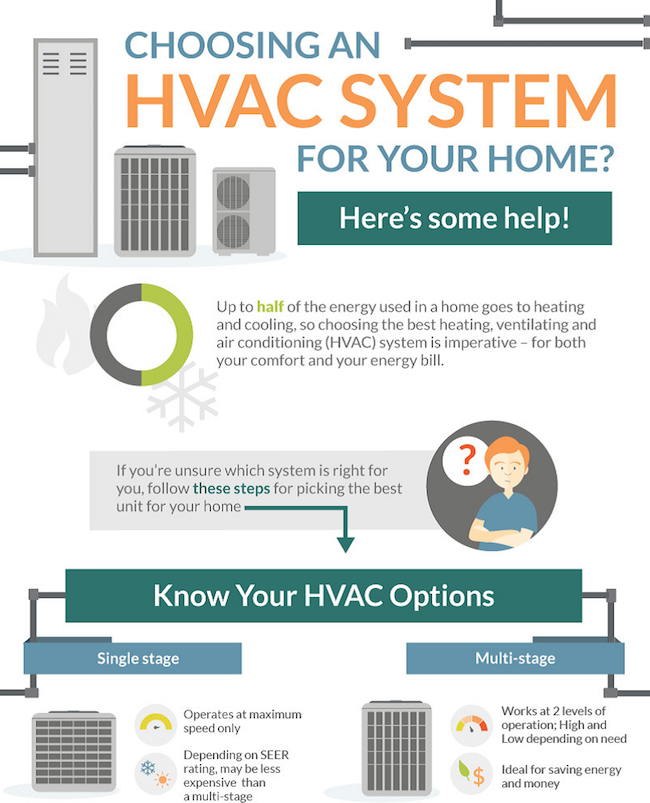Gain Understandings Right Into Guaranteeing The Performance And Toughness Of Your Heatpump System By Staying Away From Widespread Installment Errors
Gain Understandings Right Into Guaranteeing The Performance And Toughness Of Your Heatpump System By Staying Away From Widespread Installment Errors
Blog Article
Developed By-Parrish Gillespie
When setting up a heatpump, you have to steer clear of typical errors that can endanger its performance. Ignoring proper sizing might result in inadequacies and greater energy prices. Disregarding insulation and securing can result in power wastage and pressure on the device. In addition, placing the outside unit improperly may influence its performance. By staying clear of these mistakes, you can ensure ideal operating and sturdiness of your heat pump system.
Improper Sizing of Heat Pump
When it concerns the installment of heat pumps, one of the most typical errors is improperly sizing the system for your area. Making https://average-cost-to-put-in-ce65319.spintheblog.com/30870993/future-directions-in-heat-pump-innovation-what-homeowners-required-to-comprehend is vital for optimal performance. If the heat pump is as well little, it will certainly have a hard time to warmth or cool your space successfully, causing boosted power bills and possible deterioration on the system.
On the other hand, if the heat pump is as well huge, it will cycle on and off often, creating temperature level changes and decreasing its life-span.
To avoid this blunder, it's important to have a professional examine your space and recommend the proper dimension of the heatpump based on aspects like square video footage, insulation, ceiling height, and local environment. By spending the time and initiative to make certain the appropriate sizing, you can delight in a comfy atmosphere while optimizing energy performance and prolonging the lifespan of your heat pump.
Inadequate Insulation and Sealing
To ensure the effective procedure of your heatpump, it's crucial to address poor insulation and securing in your area. Correct insulation aids maintain a consistent temperature level inside your home, lowering the work on your heat pump. Inadequate insulation can lead to power loss, making your heatpump work harder and less successfully.
Sealing any type of gaps or leakages in your room is similarly essential. These spaces allow conditioned air to leave and outdoor air to permeate in, requiring your heatpump to compensate for the temperature changes.
Wrong Positioning of Outdoor Device
Dealing with the placement of your heat pump's exterior device is essential to maximizing its efficiency. Installing the outside unit in an incorrect location can result in effectiveness concerns and prospective damage to the unit.
One common error to prevent is positioning the outdoor device too near a wall surface or other structures. This can limit air flow, creating the system to function more difficult to heat or cool your space, eventually decreasing its effectiveness and life expectancy.
An additional mistake to stay away from is putting the outside unit in straight sunlight. While mouse click the following web site is inevitable, too much exposure can cause getting too hot, specifically during warm summer season days. It's ideal to position the exterior unit in a shaded area to aid keep its optimal operating temperature.
Furthermore, make https://www.facilitiesnet.com/hvac/article/3-HVAC-Measures-To-Fight-COVID-19--19283 that the outdoor device is put on a secure and degree surface area. Irregular ground can cause resonances and unneeded pressure on the unit, influencing its performance in time.
Verdict
Finally, avoiding typical mistakes during heatpump installation is vital for maximizing efficiency and durability of your system. By making certain proper sizing, sufficient insulation, sealing, and appropriate positioning of the outside device, you can prevent issues such as inefficiencies, boosted power costs, and stress on the system. Putting in the time to address these crucial aspects will ultimately conserve you money and time in the long run.
